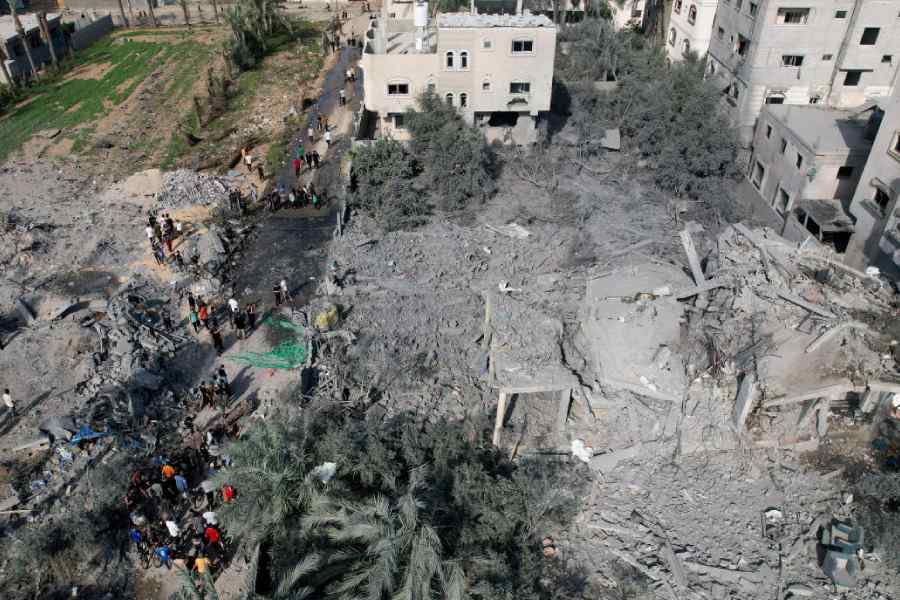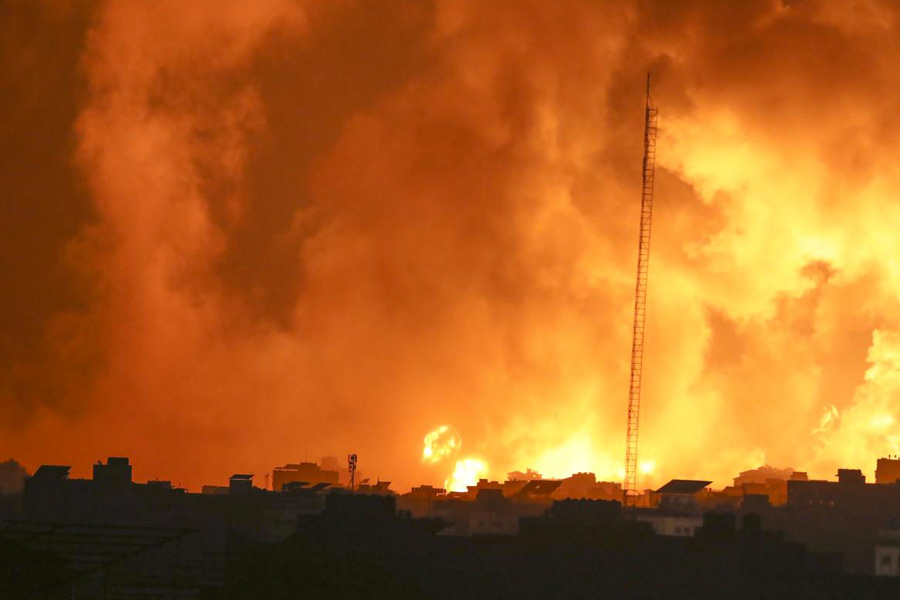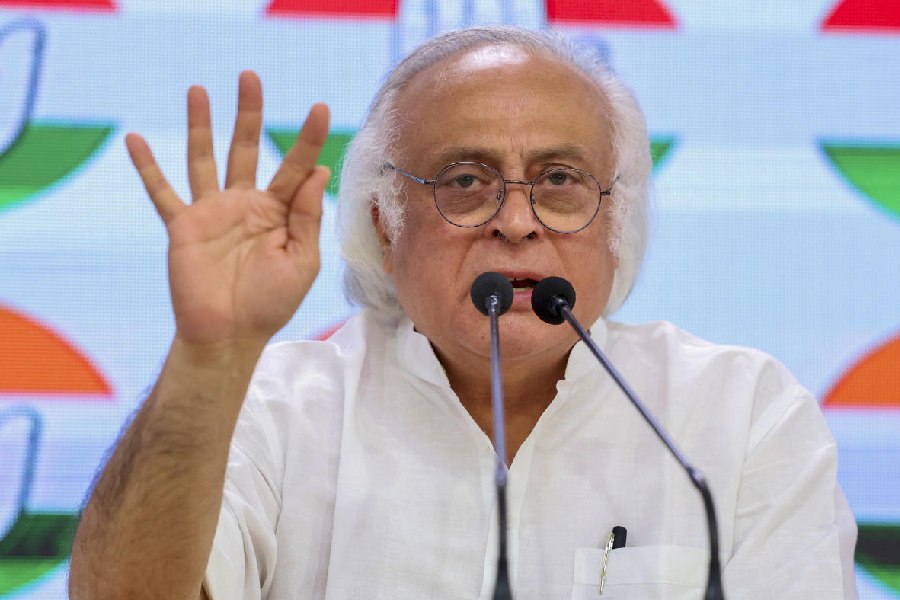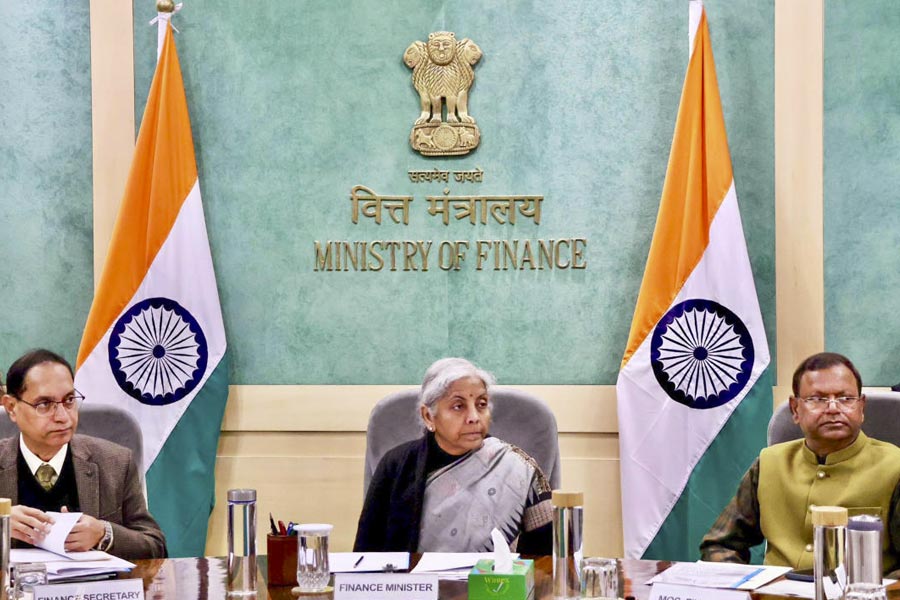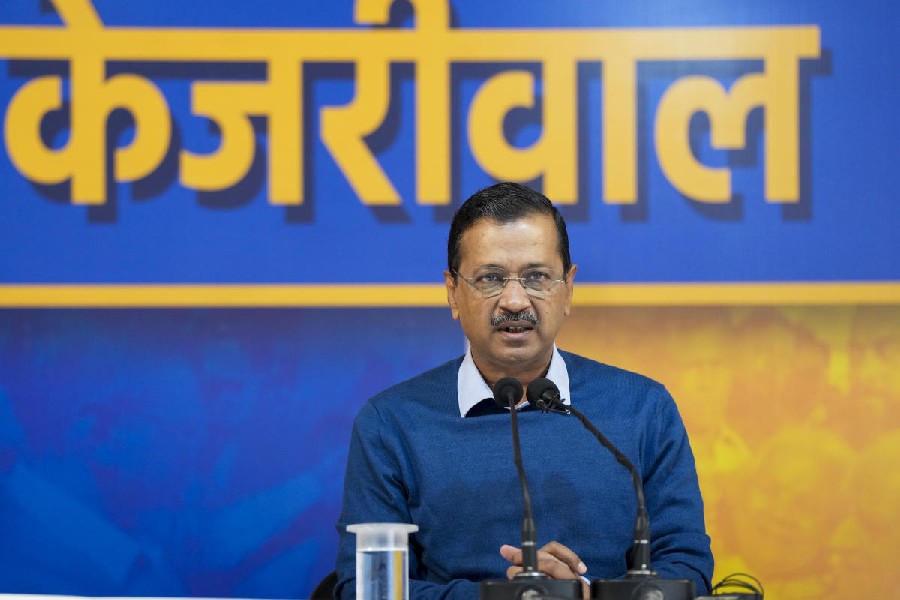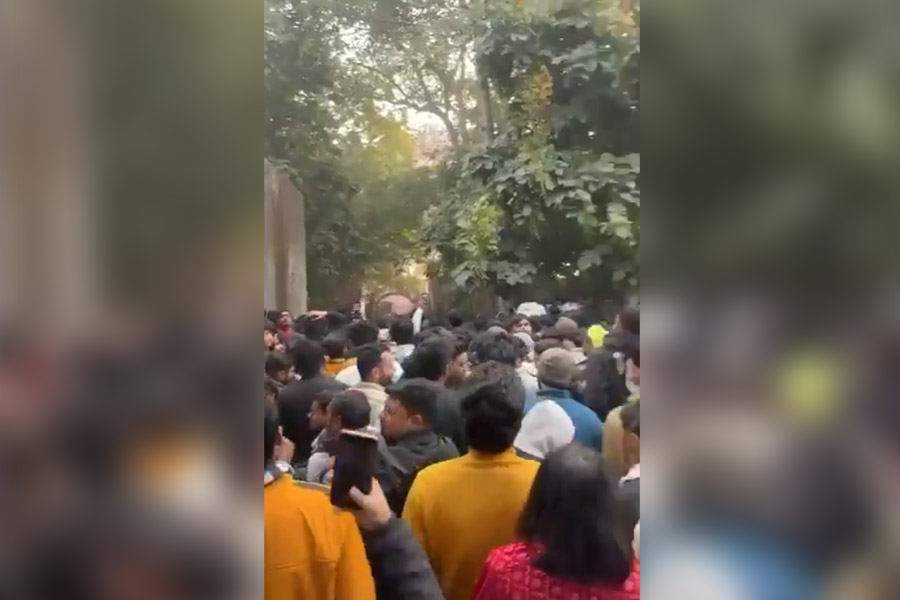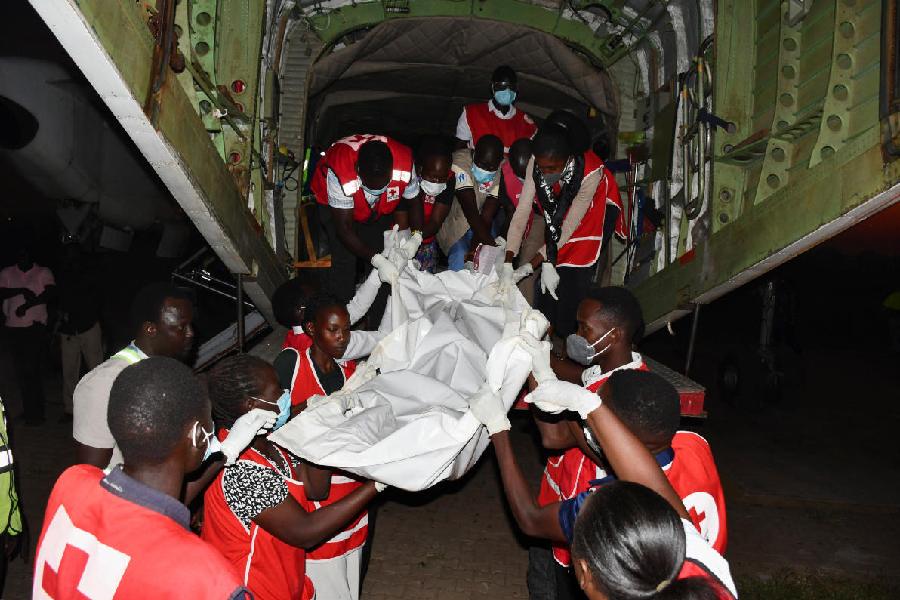Israeli forces severed northern Gaza from the rest of the besieged territory and pounded it with intense airstrikes overnight into Monday, setting the stage for an expected push into the dense confines of Gaza City and an even bloodier phase of the month-old war.
Already, the Palestinian death toll has passed 10,000, the health ministry in Hamas-run Gaza said on Monday.
The ministry does not distinguish between fighters and civilians. Some 1,400 Israelis have died, mostly civilians killed in the October 7 incursion by Hamas that started the war.
The figures mark a grim milestone in what has quickly become the deadliest
round of Israeli-Palestinian violence since Israel’s establishment 75 years ago, with no end in sight as Israel vows to remove Hamas from power and crush its military capabilities.
Casualties are only likely to rise as the war turns to close urban combat. Troops are expected to enter Gaza City soon, Israeli media reported, and Palestinian militants who have had years to prepare are likely to fight street by street, launching ambushes from a vast network of tunnels.
“We’re closing in on them,” said Lt Col Richard Hecht, an Israeli military spokesman. “We’ve completed our encirclement, separating Hamas strongholds in the north from the south.”
The military said it struck 450 targets overnight and ground troops took over a Hamas compound. A one-way corridor for residents to flee south remains available for the hundreds of thousands of Palestinians who remain in Gaza City and other parts of the north, according to the military.
Some 1.5 million Palestinians, or around 70 per cent of Gaza’s population, have fled their homes since the war began. Food, medicine, fuel and water are running low, and UN-run schools-turned-shelters are beyond capacity. Many people are sleeping on the streets outside.
Mobile phone and Internet services went down overnight, the third territory-wide outage since the start of the war, but were gradually restored on Monday. Aid workers say the outages make it even harder for civilians to seek safety or call ambulances.
Israel has so far rejected US suggestions for a pause in fighting to facilitate humanitarian aid deliveries and the release of some of the estimated 240 hostages seized by Hamas in its raid. Israel has also dismissed calls for a broader cease-fire from increasingly alarmed Arab countries — including Jordan and Egypt, which made peace with it decades ago.
After days of intense diplomacy around West Asia, US secretary of state Antony Blinken wrapped up his tour of the region on Monday, saying efforts to secure a humanitarian pause, negotiate the release of hostages and plan for a post-Hamas Gaza were still “a work in progress” and without pointing to any concrete achievements.
The war has also stoked wider tensions, with Israel and Lebanon’s Hezbollah militant group trading fire along the border. In another sign of growing unrest, a Palestinian man stabbed and wounded two members of Israel’s paramilitary border police in east Jerusalem before being shot dead, according to police and an Associated Press reporter at the scene.
Israel captured east Jerusalem, along with Gaza and the West Bank, in the 1967 war. The Palestinians want all three territories for a future state. Israel annexed east Jerusalem in a move not recognised by most of the international community and considers the entire city its capital.
In northern Gaza, a Jordanian military cargo plane air-dropped medical aid to a field hospital, King Abdullah II said early on Monday. It appeared to be the first such airdrop of the war, raising the possibility of another avenue for aid delivery besides Egypt’s Rafah crossing, which has so far been the only entry point.
Over 450 trucks carrying aid have been allowed to enter Gaza from Egypt since October 21. But humanitarian workers say the aid that has come through the Rafah crossing is insufficient to meet the mounting needs in the territory, which is home to some 2.3 million Palestinians.
The crossing was closed on Saturday and Sunday because of a dispute between Israel, Egypt and Hamas. But it reopened on Monday for the evacuation of patients and foreign passport holders, according to Wael Abu Omar, a spokesman for the Palestinian Crossings Authority.
Northern Gaza is facing a severe water shortage, as there is no fuel to pump from municipal wells and Israel has shut off the region’s main line. The UN office for humanitarian affairs said seven water facilities across Gaza were struck over the last two days and sustained “major damage”, raising the risk of sewage flooding. Israel has restored two water pipelines in central and southern Gaza, the UN said.
Some 800,000 people have heeded Israeli military orders to flee to southern Gaza. Some 2,000 people, many carrying only what they could hold in their arms, walked down Gaza’s main north-south highway on Sunday.
“The children saw tanks for the first time. Oh world, have mercy on us,” said one Palestinian man, who declined to give his name.
But Israeli bombardments have continued across the territory, and strikes in central and southern Gaza — the purported safe zone — killed dozens of people on Sunday. Israel blames civilian casualties on Hamas, accusing the militants of operating in residential neighbourhoods.
After another strike on Monday, in the southern town of Khan Younis, men dug through the rubble with sledgehammers and their bare hands. A young boy caked in dust screamed as he was rolled onto a stretcher and carried away. At least two people were killed, according to an AP reporter at the scene.
Earlier on Monday, Palestinians held a mass funeral for 66 people outside a hospital in the central town of Deir al-Balah. The bodies were wrapped in white sheets on the ground outside the hospital morgue. A man with bandages wrapped around his head placed his hand on a child’s body and wept.
The health ministry said that 10,022 people had been killed in Gaza, including more than 4,100 children and 2,600 women. Four civilians, including three children, were killed by an Israeli airstrike on a vehicle in south Lebanon late on Sunday, a local civil defence official reported.

